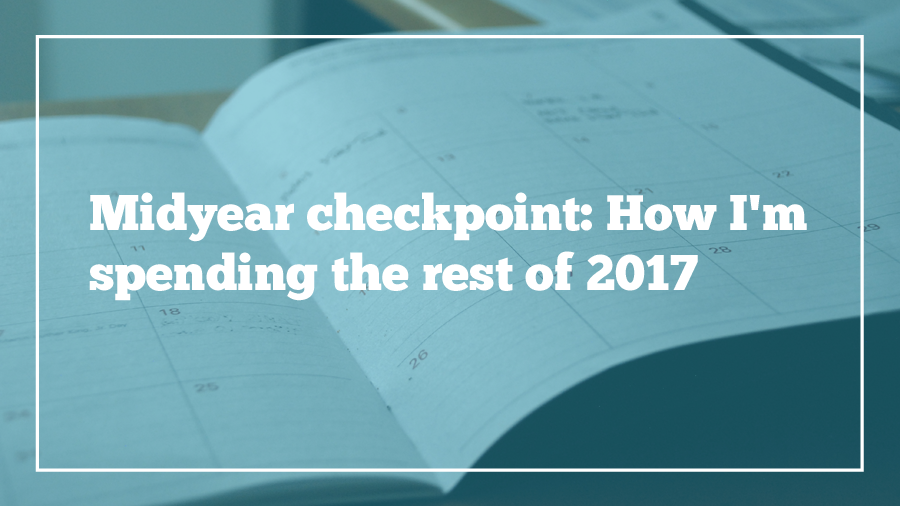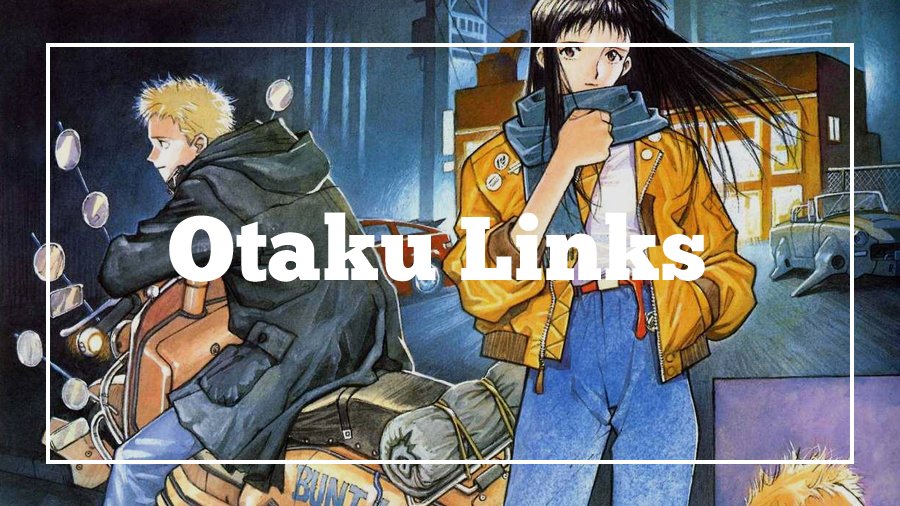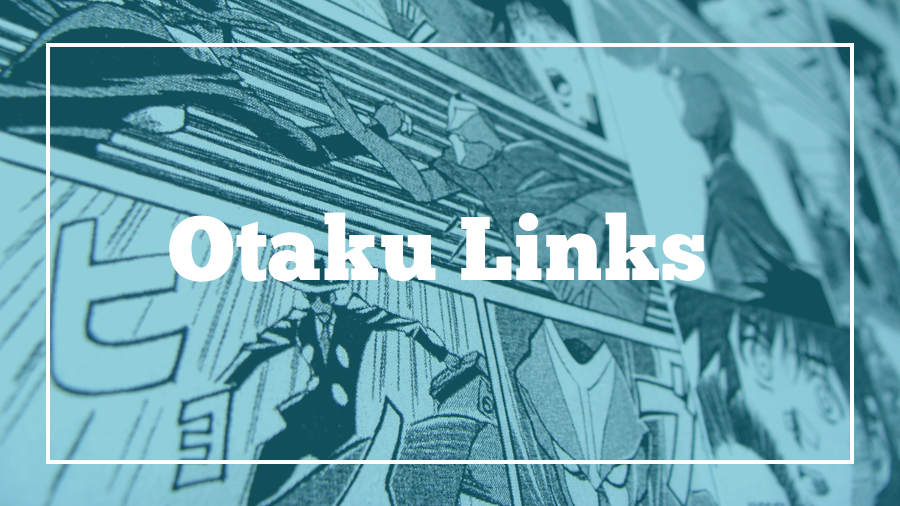
Since high school, I have had the same core group of friends. We used to call ourselves, semi-ironically, the Sexy Seven, but since then we have expanded to include significant others (like my husband, John, and Jess’s wife, Nicole), roommates, and more. Most recently we welcomed the first member of our second generation, Jess’s son.
Twice a year, we go to one friend’s vacation home to play board games, go boating, and watch terrible movies. We were in the middle of a massive email chain planning that, when I learned that my friend Jess died unexpectedly. She leaves behind her wife and one-month-old son.
What do you do when somebody you’ve known for half of your life, and whom you expected to know for the rest of it, too, suddenly disappears? Maybe you wander around in some kind of fugue state and feel like you’re losing your mind. Maybe you go through a personality shift and transform from solitary introvert to clingy extrovert, making any possible excuse to be with other people. In the past few days, I’ve spent every waking moment with friends who knew Jess, with my parents, sisters, grandmother, and even my aunt and uncle.
How am I doing? Not as mopey as you’d think, but weirdly turned up to 11. My friends and I have an email chain going (as usual) where we’re sharing memories of Jess, and they are inevitably funny and brilliant, like her, so I go from laughing to crying a lot. Other than that, I’ve barely been at my computer. I don’t want to be alone. I went to my sister’s house to organize her winter clothing, just so I could be with somebody I love instead of being alone.
Honestly, I didn’t want to even post about this on my blog. How crass is it to use my friend’s beautiful life for #content? But I wanted to let you know why I didn’t post on Friday, won’t be posting tomorrow, and I’m honestly not sure when I’ll be ready to post again.
In the meantime, I bought a pack of 20 rainbow cards and envelopes, and I’m in the process of writing an embarrassingly affectionate letter to each of my friends and family members.
I would encourage you to do the same. Don’t wait until tragedy strikes. You never know how much time you or your loved ones have left. Drive for hours to see them if you have to, because it could be the last time. Tell them you love them until it gets weird. Live in the present, because that’s all we’re guaranteed.
Photo: Jess and I on my wedding day. She could always make me laugh like this.




